Glenn Call, MD
Director of Radiology

Do onto others as you would have others do onto you.
Backstory
My path to medicine began with love and loss. When my grandmother died of cancer at just 65, I made a promise to myself: I would enter medicine to keep watch over my family, ensuring that if my parents or loved ones showed any signs of illness, I would recognize them early enough to intervene. What started as a deeply personal mission gradually expanded into a broader calling – to find things in time to make a meaningful difference for every patient I encounter.
I didn't discover radiology until my clinical rotations, but it proved to be the perfect convergence of my passions. As a self-described "techno geek," I was immediately drawn to sophisticated imaging technology. More than that, radiology satisfied a curiosity about the human body that had fascinated me since childhood. I was the kid who took apart toys to understand how they worked – driven by an insatiable curiosity about the mechanisms hidden beneath the surface. This same fascination with internal workings naturally evolved into my approach to medicine. Having a detailed understanding of what things look like on the inside gives you the knowledge to optimize the different components that make you, you.
My specialization in neuroradiology was equally natural. With my background in biomedical and electrical engineering, I had always been captivated by circuitry and control mechanisms. The brain, as the body's ultimate control center, represented the perfect intersection of my technical interests and medical calling. Through neuroimaging, I could peer into the most complex control system in existence, searching for the early signs that could change everything for a patient and their family.
Why Proactive Medicine?
There's an old saying: once the horse is out of the barn, it's gone. In medicine, this couldn't be more true. When it's too late, it's simply too late. The fundamental principle that guides how I practice is simple – it's always easier to fix things before they break.
Every time I identify early-stage cancer, I feel a profound sense of purpose. I know I'm giving that person a genuine fighting chance. Conversely, when I encounter late-stage cancer – stage III or IV – my heart sinks. Not because the case is hopeless, but because I know we could have discovered it earlier. That earlier detection may have made all the difference between a challenging treatment journey and a real chance at a cure.
Technology has revolutionized what's possible in medical imaging. We can now efficiently scan the entire body with a level of detail and speed that was unimaginable just years ago. This advancement opens extraordinary possibilities for preventive care. In an ideal world, I envision full body MRI becoming as accessible to the average person as routine mammography.
The goal is to shift the timeline of intervention forward, catching problems when they're still manageable rather than when they've become life-altering diagnoses.
Personal Side
Ready to Take Control of Your Health?
Book a comprehensive MRI scan with our expert team and discover what Glenn Call, MD and our other physicians can do for your health.
